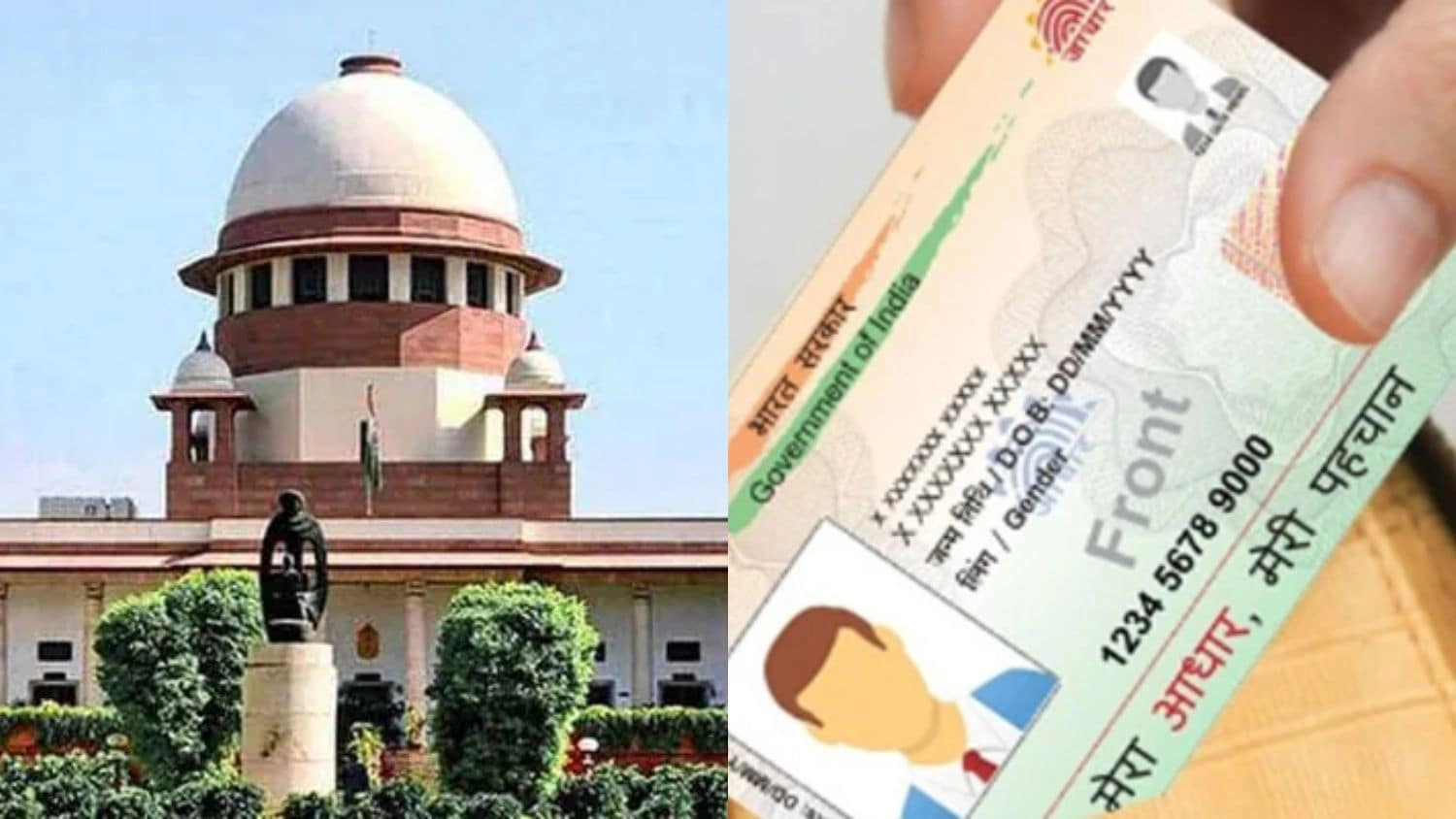In a significant ruling, the Supreme Court of India has directed the Election Commission to accept Aadhaar as a valid form of identity verification for the purpose of updating the voter list in Bihar. This decision comes amid ongoing discussions about the authenticity and accessibility of electoral rolls, which are crucial for ensuring free and fair elections. The Court’s stance emphasizes the importance of using biometric data to enhance the integrity of the electoral process, particularly in a state like Bihar, where issues of voter fraud and discrepancies in the electoral rolls have been prevalent.
The Supreme Court’s directive aims to streamline the process of voter registration and to mitigate challenges associated with duplicate entries in the voter list. By allowing Aadhaar as a means of identification, the Election Commission can better verify the identities of voters, thus reducing the chances of impersonation and ensuring that each vote cast is legitimate. This move is expected to bolster public confidence in the electoral system, as it aligns with the government’s broader push towards digitization and the use of technology in governance.
However, the ruling has also sparked debates about privacy and data security. Critics argue that linking Aadhaar with the electoral process may pose risks to individual privacy, given the sensitive nature of biometric data. There are concerns that the misuse of such information could undermine the very democratic principles that the electoral system seeks to uphold. Thus, while the Supreme Court’s decision is a step towards improving electoral integrity in Bihar, it also necessitates a careful consideration of the safeguards required to protect citizens’ data.
In summary, the Supreme Court’s ruling on the acceptance of Aadhaar by the Election Commission is a pivotal moment for electoral reforms in Bihar. It addresses longstanding issues of voter identity verification and aims to enhance the credibility of the electoral process. Nevertheless, the implications of this decision extend beyond mere administrative efficiency; they raise important questions about privacy, security, and the balance between technological advancement and individual rights in a democratic society. As the Election Commission moves forward with implementing this directive, it will be essential to ensure that adequate measures are in place to protect the privacy of voters while also achieving the goal of a more transparent and trustworthy electoral system.




